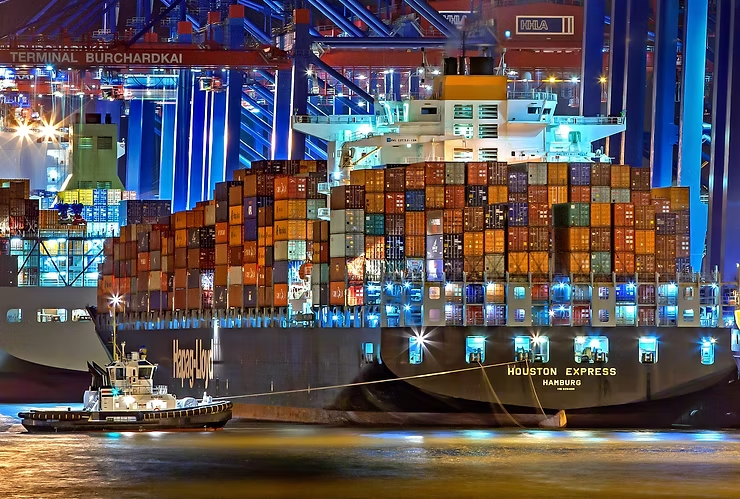Encouraging Sustainable Shipping Practices
Promoting sustainable shipping practices is crucial for reducing marine pollution and protecting ocean ecosystems from the negative impacts of maritime activities. While shipping is essential for global trade, it also contributes to pollution through oil spills, ballast water discharge, and air emissions. By adopting responsible practices, the shipping industry can minimize its environmental footprint and support healthier marine environments.
Key Strategies for Sustainable Shipping
1. Ballast Water Management
Implement ballast water management systems to prevent the spread of invasive species. Treat and clean ballast water before discharge to protect local ecosystems.
2. Low-Sulfur Fuels
Transition to low-sulfur and cleaner-burning fuels to reduce air pollutants. Compliance with international regulations, such as the IMO sulfur cap, is essential.
3. Exhaust Gas Cleaning Systems (Scrubbers)
Install scrubbers to capture sulfur dioxide emissions from ships using high-sulfur fuels, significantly reducing atmospheric pollutants.
4. Alternative Propulsion
Explore cleaner propulsion methods such as LNG and hydrogen fuel cells to lower greenhouse gas emissions and dependence on fossil fuels.
5. Efficient Route Planning
Use advanced technology and weather data to plan optimal shipping routes and adopt slow-steaming practices, reducing fuel consumption and emissions.
6. Waste Management
Implement proper onboard waste management to prevent discharge of plastics, chemicals, and hazardous materials. Segregate, store, and dispose of waste responsibly.
7. Oil Spill Prevention and Response
Enhance oil spill prevention, maintain equipment regularly, and develop robust response plans to protect marine ecosystems from spills.
8. Eco-Friendly Design
Adopt eco-friendly ship designs, including streamlined hulls and energy-efficient systems, to reduce fuel usage and emissions.
9. Green Ports
Develop green ports with shore power facilities and renewable energy sources to minimize emissions while ships are docked.
10. Monitoring and Reporting
Implement mechanisms to monitor and report emissions, ensuring compliance with regulations and encouraging sustainable practices.
11–15. Additional Measures
- Public Awareness: Educate the public about the environmental impact of shipping to encourage support for sustainable practices.
- International Regulations: Advocate for adherence to agreements like MARPOL to strengthen global pollution prevention efforts.
- Incentives and Recognition: Reward companies adopting sustainable measures to motivate investment in eco-friendly practices.
- Research and Innovation: Invest in cleaner propulsion technologies, efficient operations, and innovative waste management solutions.
- Collaboration: Foster partnerships among governments, industry stakeholders, NGOs, and research institutions for systemic change.
Conclusion
Encouraging sustainable shipping practices is essential for minimizing marine pollution and preserving ocean health. By implementing eco-friendly technologies, following international regulations, raising awareness, and fostering collaboration, the shipping industry can play a responsible role in protecting marine ecosystems and ensuring a sustainable future for generations to come.

